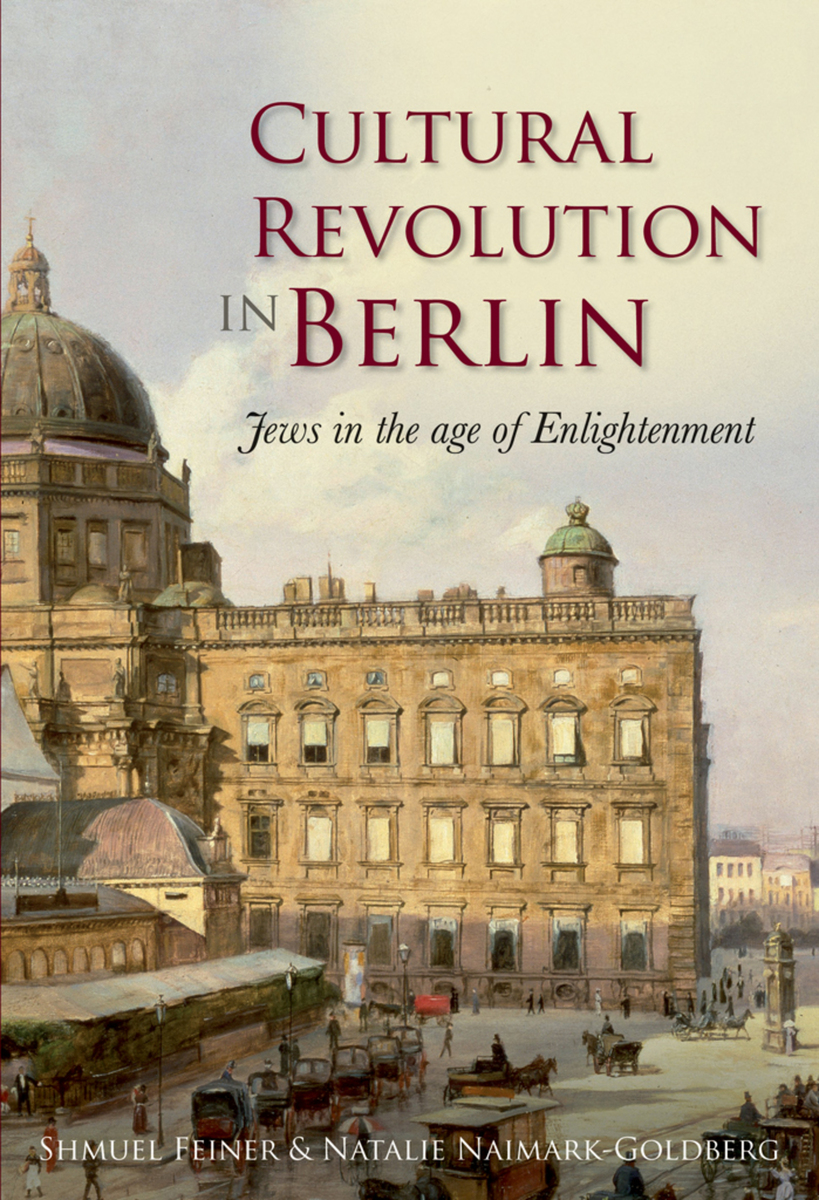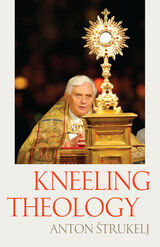Cultural Revolution in Berlin: Jews in the Age of Enlightenment
Bodleian Library Publishing, 2011
Paper: 978-1-85124-291-7
See other books on: Age | Berlin | Cultural Revolution | Enlightenment | Jews
See other titles from Bodleian Library Publishing
Paper: 978-1-85124-291-7
ABOUT THIS BOOK | AUTHOR BIOGRAPHY | TOC
ABOUT THIS BOOK
The Enlightenment, which marked a social and philosophical turn away from religion and toward science and reason, swept across Europe in the eighteenth century, and these civil and rational values were embraced byJewish intellectuals, bringing about a cultural revolution within traditional Jewish society. The story of this transformation is presented here through a close look at the works held in the Leopold Müller Memorial Library of the Oxford Centre for Hebrew and Jewish Studies, which was the private library of Leopold Zunz, the father of the “Science of Judaism.”
As Shmuel Feiner and Natalie Naimark-Goldberg reveal in this insightful and approachable history, the Jewish Enlightenment (Haskalah) was a multifaceted movement, articulated in many different ways in the varied settings where Jews lived. Rather than providing a comprehensive story of the Haskalah, Feiner and Naimark-Goldberg use these impressive literary treasures to trace the cultural transformation that took place mainly in Germany, from its moderate and scattered beginnings in the early 1700s, through the height of the movement in the second half of the eighteenth century, until its final stage around 1800, when the Haskalah began to give way to new movements and ideologies.
Richly illustrated with images of eighteenth-century manuscripts, books, and pamphlets, Cultural Revolution in Berlin provides an excellent guide to the significant cultural metamorphosis brought about by the Jewish Enlightenment.
See other books on: Age | Berlin | Cultural Revolution | Enlightenment | Jews
See other titles from Bodleian Library Publishing












